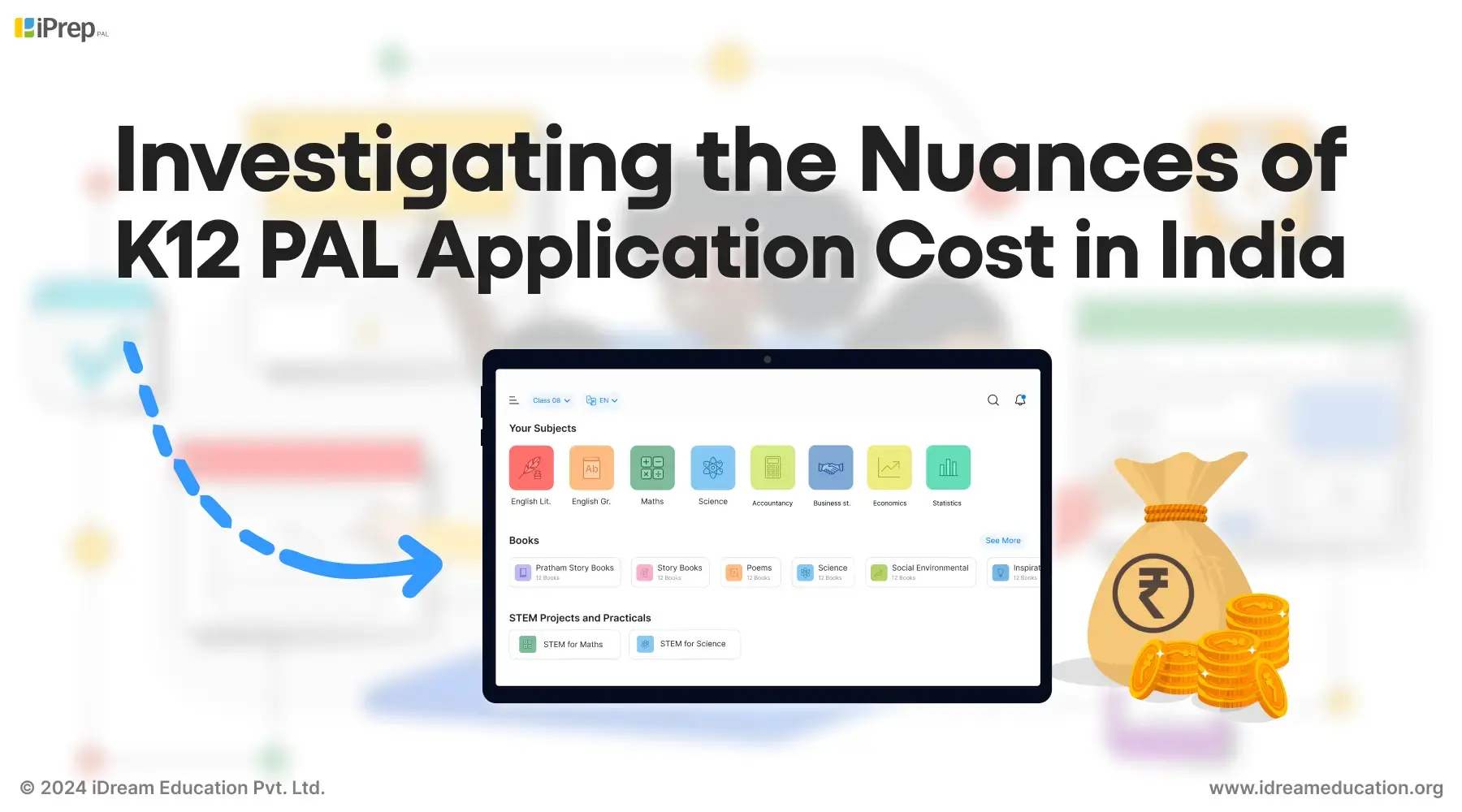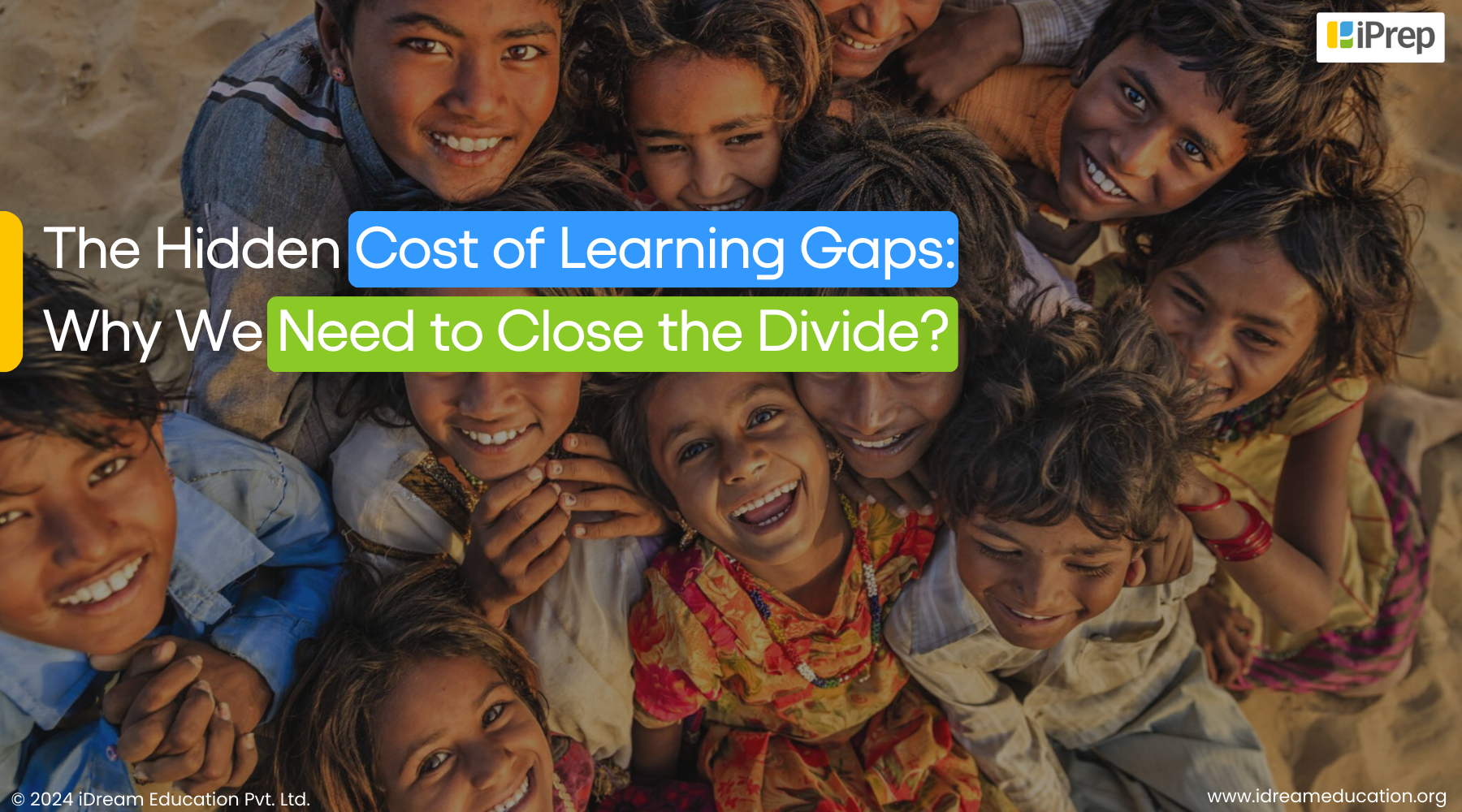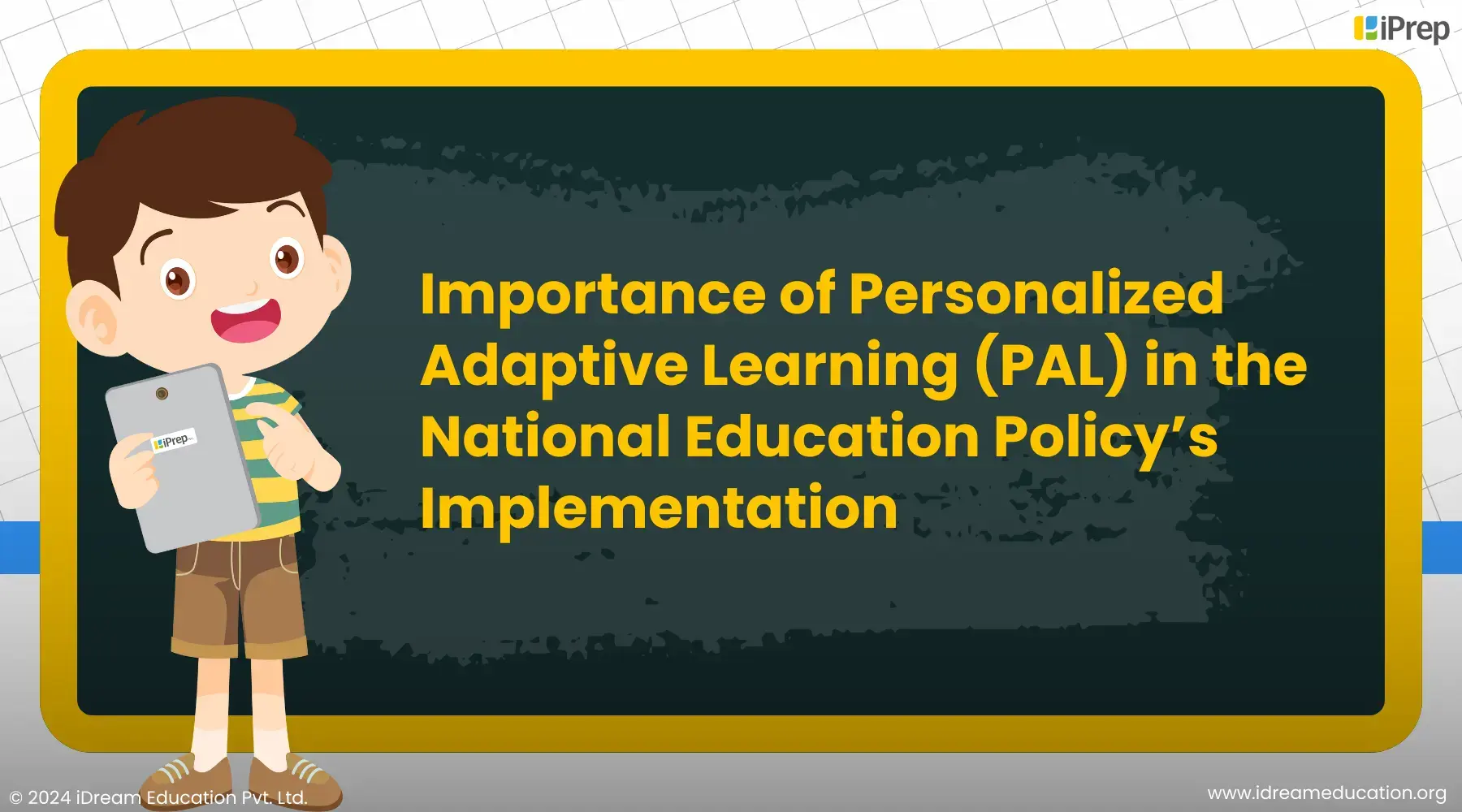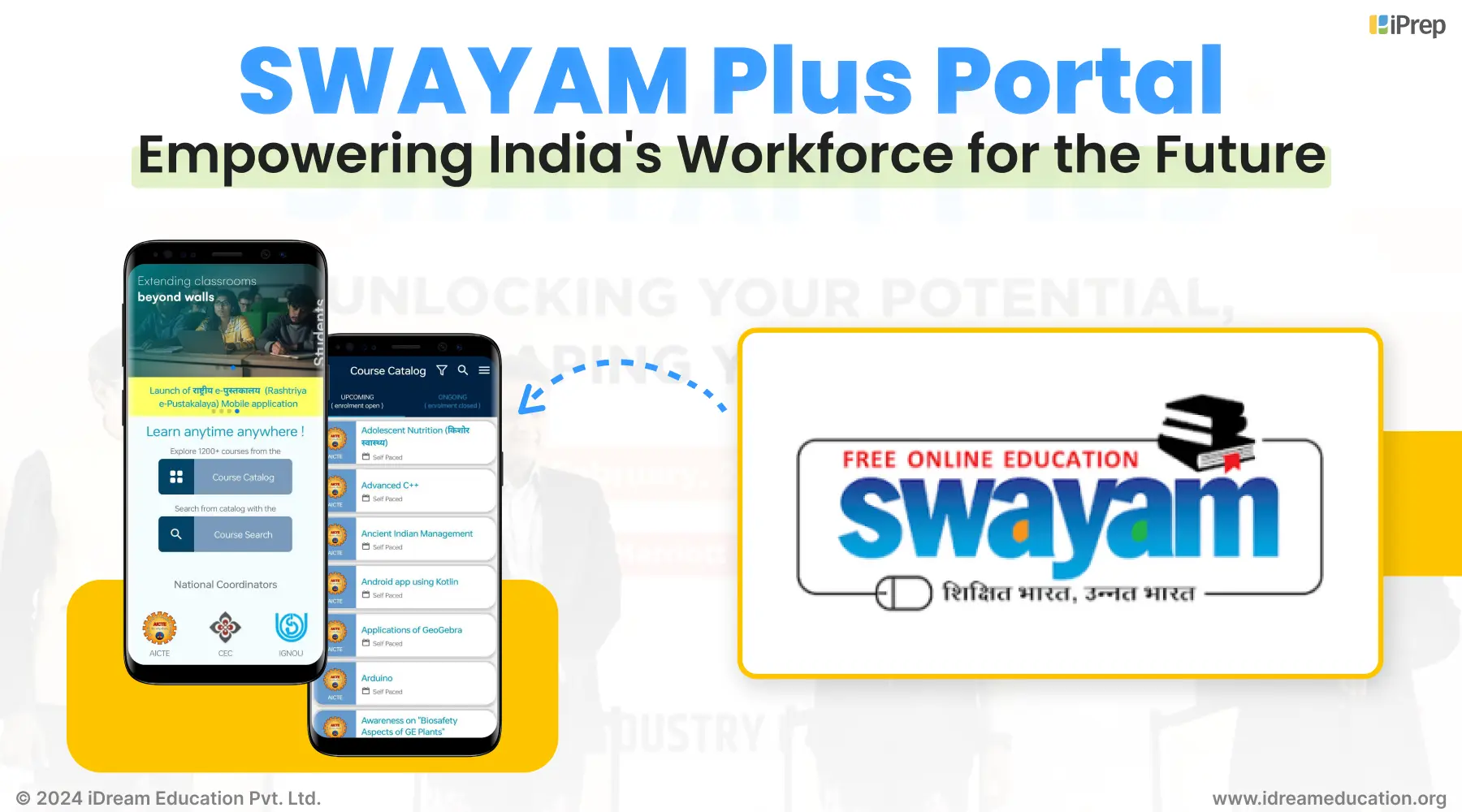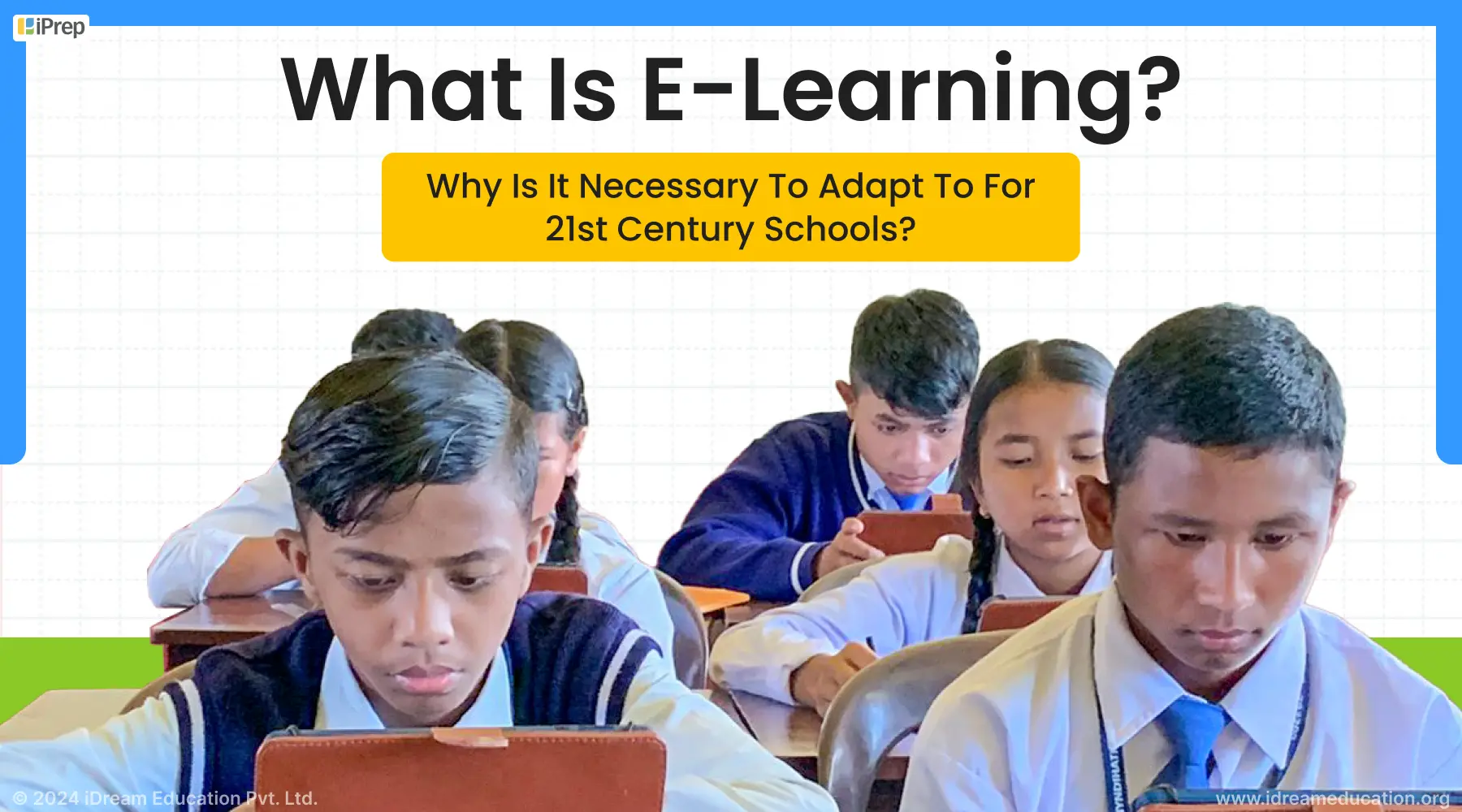Could Personalised Adaptive Learning with ICT Labs bring students to Grade Level Proficiency under Samagra Shiksha?
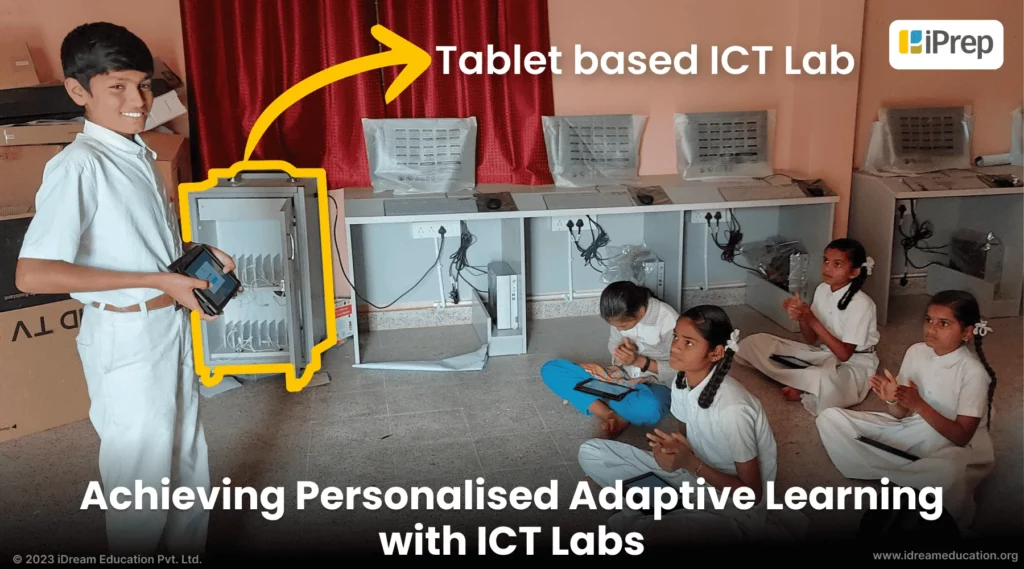
The Samagra Shiksha Initiative harnesses the potential of digital education, employing progressive technologies like ICT labs, digital boards, and personalized adaptive learning solutions to enhance K-12 education in India.
Through the Samagra Shiksha Abhiyan, The Ministry of Human Resource Development (MHRD) is enabling the achievement of NEP goals and normalizing learning with ICT Labs in schools.
This article delves into the revamped ICT policy under the Samagra Shiksha Scheme and the pivotal role of Personalised Adaptive Learning with ICT labs in creating a digitally empowered learning environment.
Revamped ICT Policy under Samagra Shiksha Abhiyan
The Government of India introduced the ICT@ Schools scheme in 2004, aiming to provide computer lab facilities to schools. With the complex setup process of these devices, challenges arose in operation and use.
However, due to the complex setup process of these devices, challenges arose in operation and use.
Both students and teachers encounter noteworthy challenges in computer-based ICT labs-
- Infrastructure Requirement
- Insufficient Maintenance
- Limited Internet Connectivity
- Inadequate Teacher Training
- Restricted Availability of Educational Software| e-learning platforms
- Inaccessibility for Students with Disabilities
- Security Concerns
- Insufficient Budget Allocation
Changes in ICT Policy in 2010 and 2011
In response, the ICT scheme underwent revisions in 2010 and 2011, culminating in a comprehensive policy that includes learning with ICT labs, smart classrooms, and DIKSHA (e-learning platform) in schools, as well as ICT labs in Teacher Education Institutes (TEIs).
In 2018, authorities further revised the ICT policy to facilitate the use of infrastructure-light hardware devices like digital libraries or Tab labs. These devices rely less on infrastructure and aim to enhance learning through ICT Labs in schools.
The revamped ICT policy provides counter solutions for challenges faced by computer-based ICT Labs.
Inadequate Power Supply
Under the revamped policy Smart ICT labs or a Digital Library with Tablets were introduced with a charging rack.
Unlike traditional computer-based ICT Labs, which rely on UPS power backup for a mere 10-15 minutes, smart ICT Labs with Tablets and Notebooks, when fully charged, offer a remarkable 7-8 hours of usage, seamlessly spanning the entire school day without the need for constant power supply.
This extended battery life ensures a seamless learning experience, eliminating the need for inadequate power supply and backup systems.
Insufficient Space and Infrastructure
Smart ICT Lab solutions like iPrep Digital Libraries are designed with scalability in mind.
This adaptable configuration, complete with a mobile trolley, allows effortless relocation to any classroom, hall, or lab.
This grants educators the freedom to choose their teaching space and students the flexibility to access resources in an environment that best suits their learning needs.
Limited Internet Connectivity
Smart ICT Labs recognize the challenges of internet connectivity that students and teachers face while engaging with educational content in areas with restricted or no internet connectivity.
To address this issue, Digital learning solutions such as the iPrep Digital Libraries for schools were introduced. These libraries are designed to work seamlessly both offline and online.
This feature allows students to access educational content even in areas with limited or no internet access ensuring an uninterrupted learning experience.
Inadequate Teacher Training
Tablet-based Smart ICT Labs are easy-to-use devices with minimum technical complexities.
Tablets/Notebooks akin to touchscreen smartphones, are effortlessly navigable for both educators and students.
This eliminates the necessity for extensive technical training, providing a seamless experience in utilizing technology for educational purposes.
Restricted Availability of E-learning Platforms
Tablet-based digital learning solutions like the iPrep Digital Library solve the problem of restricted availability of educational software or e-learning platforms by providing tablets and notebooks pre-loaded with curriculum-aligned e-learning content helping students gain seamless access to a wealth of educational resources, overcoming barriers to their learning journey.
Inaccessibility for Students with Disabilities
Digital content in ICT Labs under the revamped ICT policy operates under an all-inclusive mandate.
Tablets have a thoughtful design to cater to all students, including those with disabilities. They incorporate assistive technologies and software to guarantee that students with disabilities can actively engage with the provided resources.
Security Concerns
ICT labs under the revised ICT policy contain tablets loaded inside a digital library enclosed in a movable trolly. This trolley is robustly constructed to ensure the safety of the tablets inside. It features locks on both the front and back sides, providing maximum security.
Insufficient Budget Allocation
Under centralized government schemes like the Samagra Shiksha Abhiyan, schools at all levels can take advantage of the grants allotted by the government for tablet-based ICT Lab solutions.
Furthermore, by effectively utilizing budgets through Public-Private Partnerships, and with support from CSR and NGO initiatives dedicated to enhancing the educational landscape in India, the seamless integration of smart ICT Labs in schools can be accomplished.
Role of learning with ICT Labs in Digital Education
ICT labs have emerged as crucial tools for digital education. They simplify hardware setup, reduce reliance on constant electricity and internet connectivity, and alleviate technological apprehensions among teachers and students.
Under the Samagra Shiksha Initiative, ICT Labs transform traditional classrooms into interactive learning centers enhancing grade-level learning outcomes of students.
The addition of Personalized Adaptive Learning with ICT Labs in the Samagra Shiksha Scheme could open new opportunities in digital education for India.
What is Personalized Adaptive Learning (PAL)?
Personalized Adaptive Learning (PAL) is a digital learning solution designed to bridge learning gaps in students.
By analyzing the student’s learning levels, a Personalized Adaptive Learning solution tailors educational experiences to individual students.
iPrep PAL, for instance, begins with a diagnostic test for each chapter. This process establishes a tailored learning path that aligns with the specific learning needs of each student.
This personalized approach to learning allows students to receive targeted instruction, reinforcing understanding and promoting self-efficacy.
Through techniques like repetition, interactive exercises, and immediate feedback, Personalized Adaptive Learning reinforces learning and boosts long-term retention.
What could be the Impact of Personalized Adaptive Learning with ICT Labs under Samagra Shiksha?
Infrastructure and Connectivity:
Personalized Adaptive Learning with ICT labs streamlines infrastructure requirements, offering individual learning paths for students to cover historical learning gaps and achieve grade-level outcomes.
Bridging the Digital Divide:
The Samagra Shiksha Scheme aims to cover more than 11.6 lakh government and aided schools, especially those in rural and economically disadvantaged areas.
Integrating Personalized Adaptive Learning with ICT labs, Samagra Shiksha Abhiyan could help bridge the digital divide by providing access to quality digital learning resources to every student irrespective of background, socioeconomic status, etc.
What are the available financial provisions for learning with ICT Labs under Samagra Shiksha?
The Ministry of Education has allocated a one-time non-recurring grant of up to Rs. 6.40 lakh per school and a recurring grant of up to Rs. 2.40 lakh per school per annum for five years under ICT@Samagra Shiksha.
These available financial provisions for ICT Labs under Samagra Shiksha demonstrate the government’s commitment to enhancing digital education in India.
ICT Labs or Digital libraries are such digital learning solutions that can easily integrate with e-learning content and personalized adaptive learning.
Additional provisions within Samagra Shiksha for Personalized Adaptive Learning with ICT Labs, have the potential to empower students across India. This will enable them to achieve grade-level proficiency and expand their educational horizons.
Conclusion:
In conclusion, the Samagra Shiksha Abhiyan is set to reshape education in India by introducing ICT Labs in schools.
This forward-looking approach can address infrastructure and connectivity needs, improve learning outcomes, and bridge the digital divide.
Furthermore, by embracing personalized adaptive learning with ICT labs under the Samagra Shiksha Abhiyan, India’s education land space could enter a brighter, digitally enhanced future.
Explore a real-life story of A Determined Teenage Girl who Overcomes Her Learning Gaps with a Personalized Learning Solution to Secure Top Ranking in Grade 10.
To know more about our digital learning solutions that enable a seamless fusion of learning and growth, visit our website, www.idreameducation.org, or write to us at [email protected]


